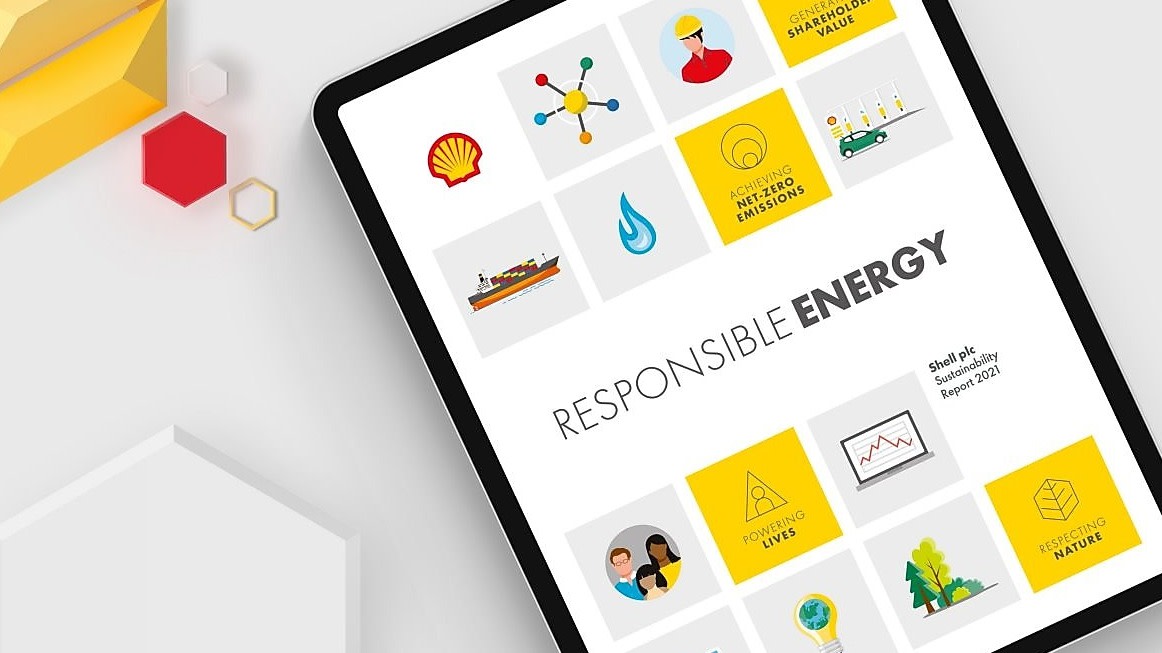The Changing Landscape: Board Directors Personally Sued for Failing Responsibilities in Climate Transition
Shell plc

The world is undergoing significant change as board directors face personal lawsuits for their failure to fulfil responsibilities in the climate transition. This groundbreaking legal action against Shell's board directors has sparked a dramatic shift in the landscape of board obligations concerning the net-zero transition.
Featured Article: Net-Zero: Trend Or Necessity? (Part 1)
The Crucial Role of the Board of Directors
The Board of Directors plays a vital role in leading the net-zero transition and helping companies achieve carbon neutrality. Legislation is paving the way in Europe, the UK, and other markets, while shareholders also demand their rights to ensure proper action.
Featured Article: Improving Diversity, Equality and Inclusion In Your Workplace
Personal Liability for Board of Directors in Climate Strategy
In an unprecedented event last February, Shell's directors faced personal lawsuits regarding their climate strategy. Environmental lawyers ClientEarth, who are also minority shareholders, argued that the 11 board directors should be held accountable for failing to adequately prepare the company for the net-zero transition. Although the case was dismissed in May by the UK High Court, it has left a significant impact.
Featured Article: The Uncomfortable Truth About Shareholder Interests
Regulation Paves the Way
Climate-related regulations have been on the radar of companies in Europe, the UK, the US, and other markets for some time. However, changes are imminent with the introduction of new directives.
Returning to the Shell case, the lawsuit found its basis in the well-established framework of the UK's Companies Act of 2006, specifically Section 172. However, emerging European directives stemming from the EU Green Deal of 2019 are charting a new course. These directives redefine the ESG (environmental, social, and governance) responsibilities of boards, particularly in areas such as ESG strategy, climate risks, materiality assessment, ESG data, ESG reporting, and external oversight.
Two directives, in particular, should be at the forefront of the agenda for all European boards. The Corporate Sustainability Reporting Directive (CSRD), entering in force in 2024, requires boards to adhere to reporting and disclosure requirements on a wide range of sustainability issues, ensuring compliance with net-zero targets, social and governance factors and proper due diligence implementation.
The Corporate Sustainability Due Diligence Directive (CSDDD) will require board oversight for ESG reporting. From the perspective of both regulations, companies face the most significant challenges in terms of board ESG competencies and data.
Featured Article: Top ESG Trends in 2023
Embedding Sustainability in the Company's Strategy
The importance of fully integrating sustainability into the company's strategy cannot be overstated. Any effective transformation must start at the top and be ingrained in the core of the business. The board of directors must ensure the integration of clear sustainability goals and targets, allocate resources to sustainability initiatives, and regularly measure and report progress. Additionally, the board should communicate the importance of sustainability to all stakeholders, including employees, investors, and customers.
For example, in the fashion industry, the Board of Directors at Levi Strauss & Co. has set an ambitious target to reduce greenhouse gas emissions in their supply chain by 40% by 2025, equating to a 90% reduction within their own facilities. They have made sustainability a key component of their company's strategy and actively communicate their sustainability goals and progress to stakeholders.
Featured Article: Does ESG Threaten Company Competitiveness?
Developing a Clear Transition Plan
To realise carbon neutrality, companies must develop a comprehensive and achievable transition plan that encompasses all aspects of the business. The board of directors must ensure that their companies have a plan that addresses emissions reduction in operations, supply chain, and products.
Under ESG directives, several social and governance criteria are also defined. It is important to note that ESG regulation extends the board's responsibilities beyond managing environmental impact and carbon neutrality.
Holding the Executive Team Accountable
The Board of Directors is responsible for holding the executive team accountable for achieving sustainability goals. This includes setting clear expectations, monitoring progress, and providing oversight.
Additionally, the board should incentivise the executive team to prioritise sustainability by linking sustainability performance to executive compensation.
Changing Board Composition
Climate governance is likely to be a top ESG priority for companies as board composition, diversity, and relevant sustainability expertise gain importance. According to claims by Responsible Investor (paywall), boards have heavily relied on external consultants for ESG-related matters. However, this approach must change as board directors become personally responsible.
Takeaway
While the regulatory landscape may appear complex, early consideration of these factors and ensuring a diverse board composition with proven ESG expertise can present a strategic opportunity to future-proof the business model. One could argue that this responsibility, above all others, holds the utmost importance for boards. Follow more regular ESG news and views via our Featured Articles.






